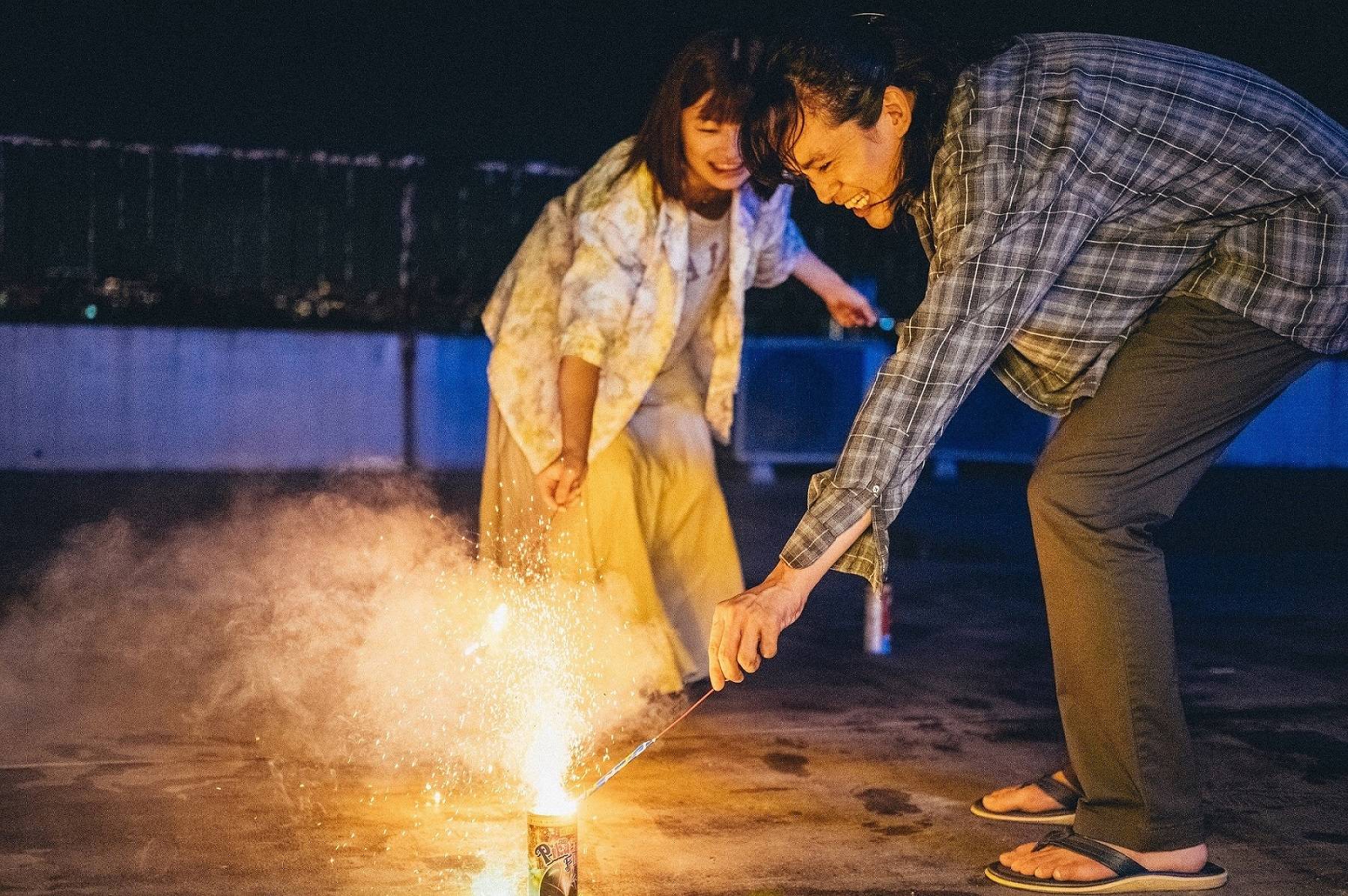As Japan trudged on through the COVID-19 pandemic, its film industry found some cause for celebration in 2021. For the second year in a row, domestic films dominated the box office, with Japanese films accounting for nine of the top 10 earning titles. By contrast, in pre-pandemic 2019, six of the top 10 films were from Hollywood.
It’s not yet clear whether 2022 will deliver the same box-office results, as Hollywood may well rebound from its dismal 2021 showing, with titles like “The Batman” (March 11), “Sing 2” (March 18), “Fantastic Beasts: The Secrets of Dumbledore” (April 8) and “Top Gun: Maverick” (May 27) in the pipeline.
Also, despite the triumph of domestic fare at the box office, 2021 was still a rough year for Japan’s film industry: Total box-office earnings for the year were still only about 60% of 2019’s, as independent theater owners struggled to stay afloat due to financial hits brought on by the pandemic. On Jan. 11, Iwanami Hall, a pioneering venue for art films in Tokyo’s Jimbocho neighborhood, announced that it would shut its doors in July.

















With your current subscription plan you can comment on stories. However, before writing your first comment, please create a display name in the Profile section of your subscriber account page.